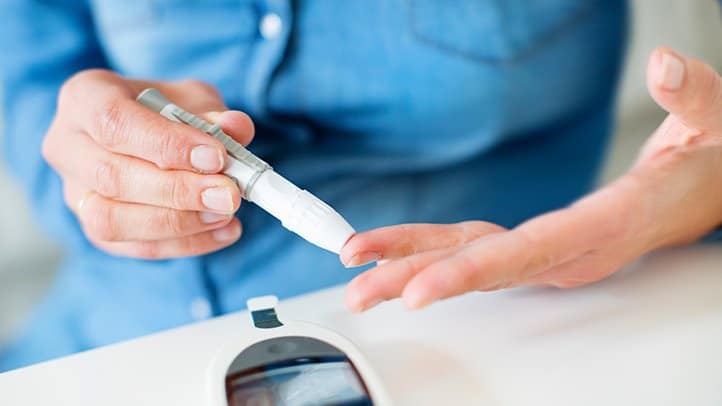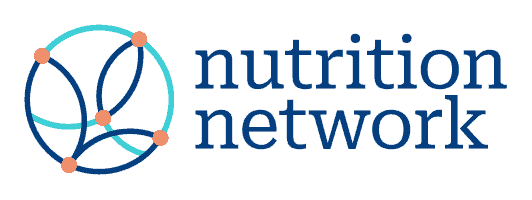
Why would blood glucose levels fluctuate when on LCHF?
Dramatic improvements in blood glucose can be expected within the first days of adopting an LCHF diet. However, it’s very normal for diabetics not to achieve perfect fasting (morning) blood glucose early on or sometimes ever. Morning fasting blood glucose levels usually continue to remain high, even after adopting a ketogenic LCHF diet and even when blood glucose over the rest of the day is well controlled. This is due to the dawn phenomenon – high morning blood glucose caused by raised concentrations of growth hormone, cortisol, adrenaline and glucagon in the morning.
Achieving good blood glucose control over the rest of the day is what is really important. It takes time and trial and error, with close post-meal blood glucose monitoring to determine exactly which foods affect blood glucose levels and to what extent. This will help find the foods and amounts that help keep blood glucose stable so that the patient can try to eat those as much as possible. Usually, sticking to the green list, and under 25g of carbohydrate per day, helps blood glucose control. Caution should be exercised around the inclusion of nuts, seeds, and dairy in the diet. Remind your patient to watch out for condiments and sauces and to eat full meals and stop when full rather than snacking when hungry. Large meals at night, particularly those higher in carbohydrate, may worsen morning fasted hyperglycaemia.
Moderate (1-2 units) frequent (daily) alcohol intake is unlikely to have a negative effect on blood glucose. However, intakes above this amount could worsen blood glucose control.
When it comes to using diet to manage a health condition it’s essential to work very closely with a dietitian and/or medical doctor. Medication adjustments need to be assessed and managed by a medical doctor.
– Hassina Kajee (MD), Neville Wellington (MD), and Tamzyn Murphy (RD, MSc)
